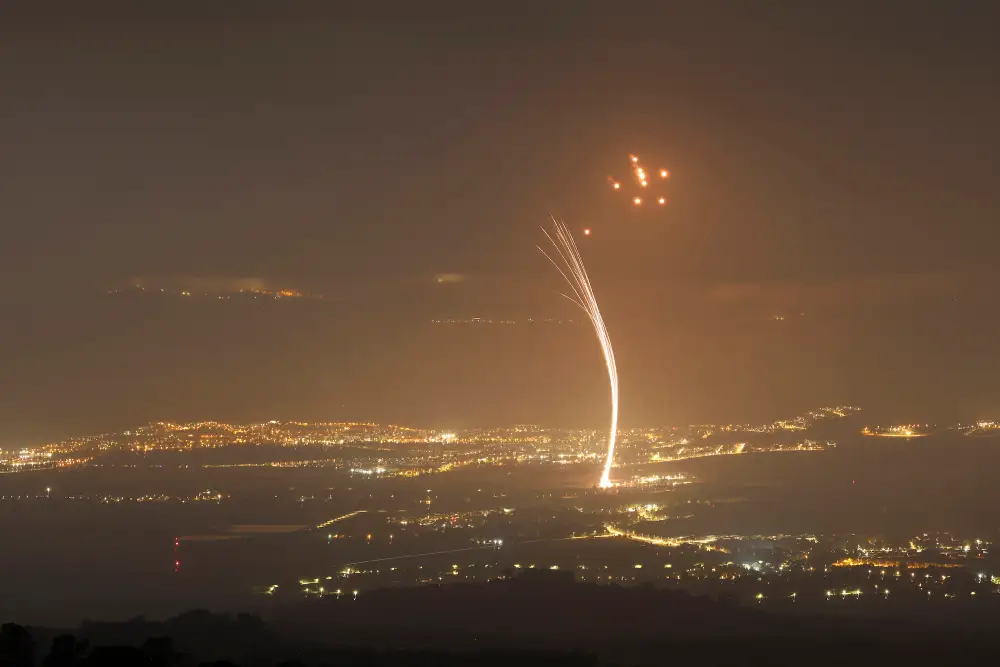Deadly Houthi attack on Tel Aviv prompts Israel to review its anti-drone defence system

The Houthis' drone attack on Tel Aviv on 19 July took Israelis by surprise, breaking through the country's battle-tested defences and revealing vulnerabilities.
Here's What We Know
The Houthis carried out the attack using a long-range Samad drone that slowly flew about 2,500 km. Before crashing into a Tel Aviv apartment building near the US Embassy, killing one person and injuring at least 10 others.
"The Houthis carefully chose the flight path and waypoints for the drone to fly at relatively low altitude and along the coasts of Eritrea, Sudan and Egypt to be invisible to Western radar and air defences in the Red Sea," Federico Borsari, a defence expert at the Centre for European Policy Analysis, told Business Insider.
The CAEP analyst explained that on the Israeli side, "human error in the identification process" may have been the result of poor communication, training, or even negligence.
The sensors detected an unidentified aircraft, but the air defence crews were unable to identify it.
"This confirms that technology alone, even for one of the most advanced air defence systems in the world, is not enough to provide effective defence," Borsari said.
One of the challenges for the Israeli military is that it must maintain situational awareness of more threat sectors. At the same time, the Houthis may have only a limited arsenal of long-range drones to fly bypass routes and attack from new directions.
Israel should also work more closely with partners such as Jordan, Egypt and Saudi Arabia to alert them to suspicious drones or aircraft.
Source: Business Insider